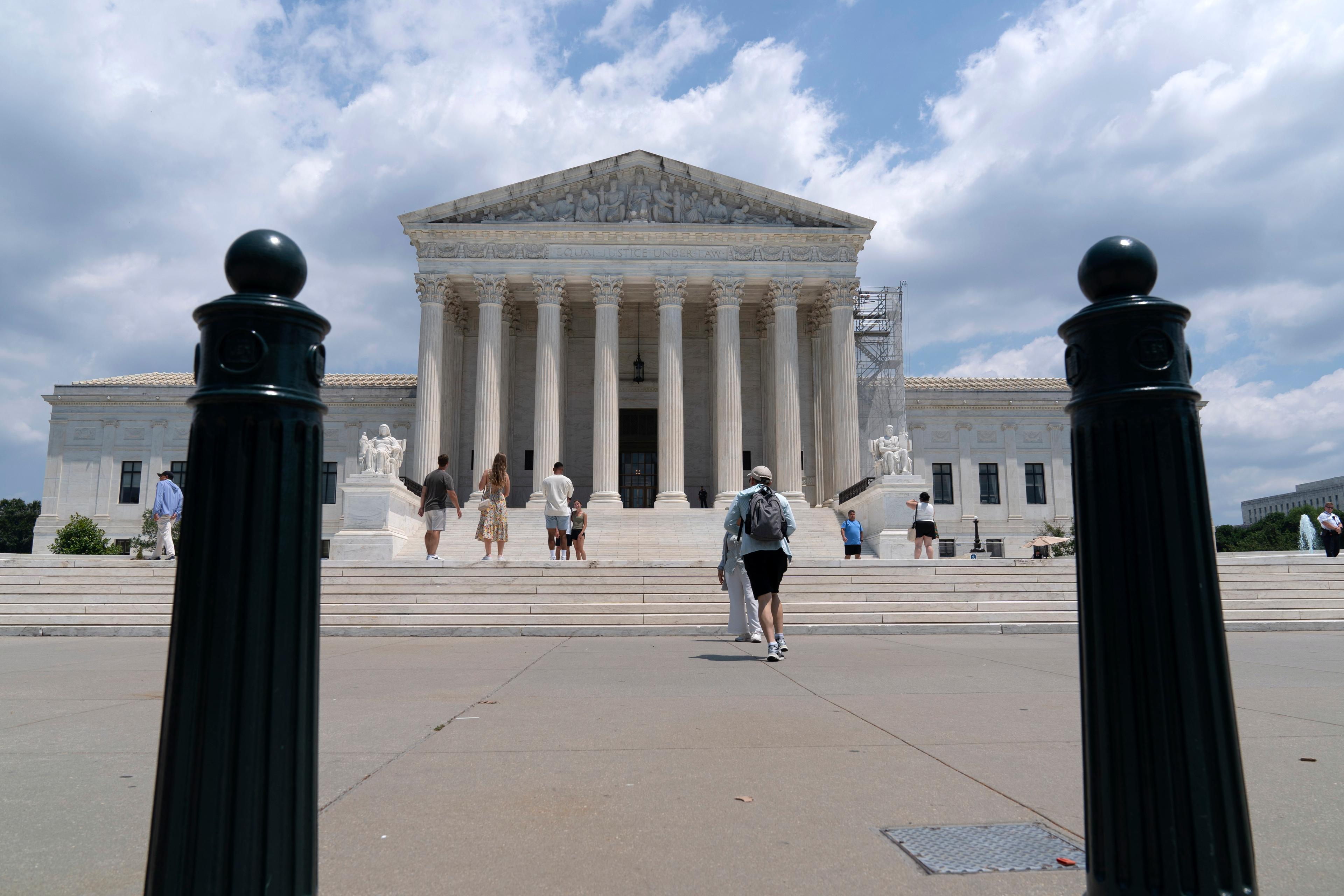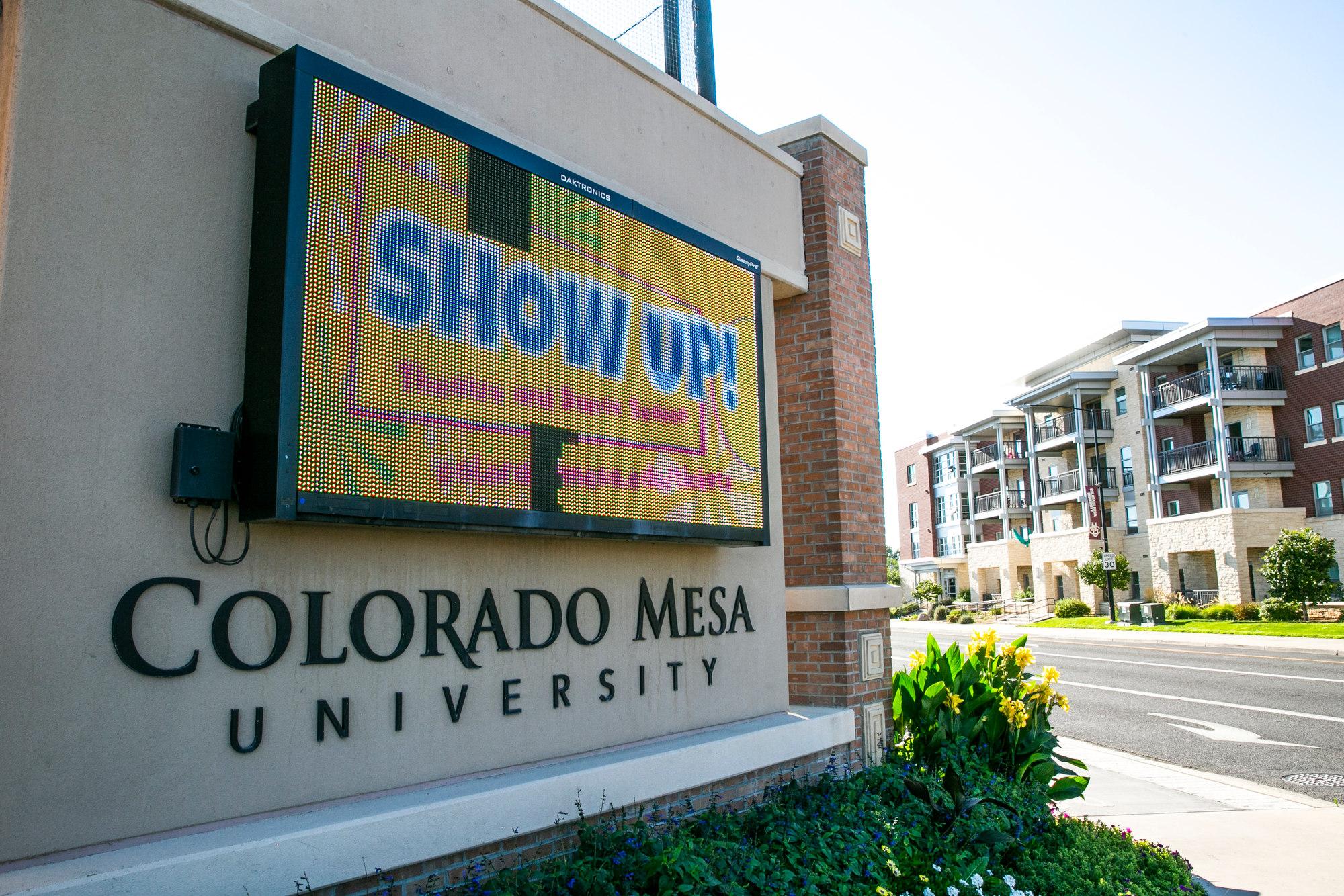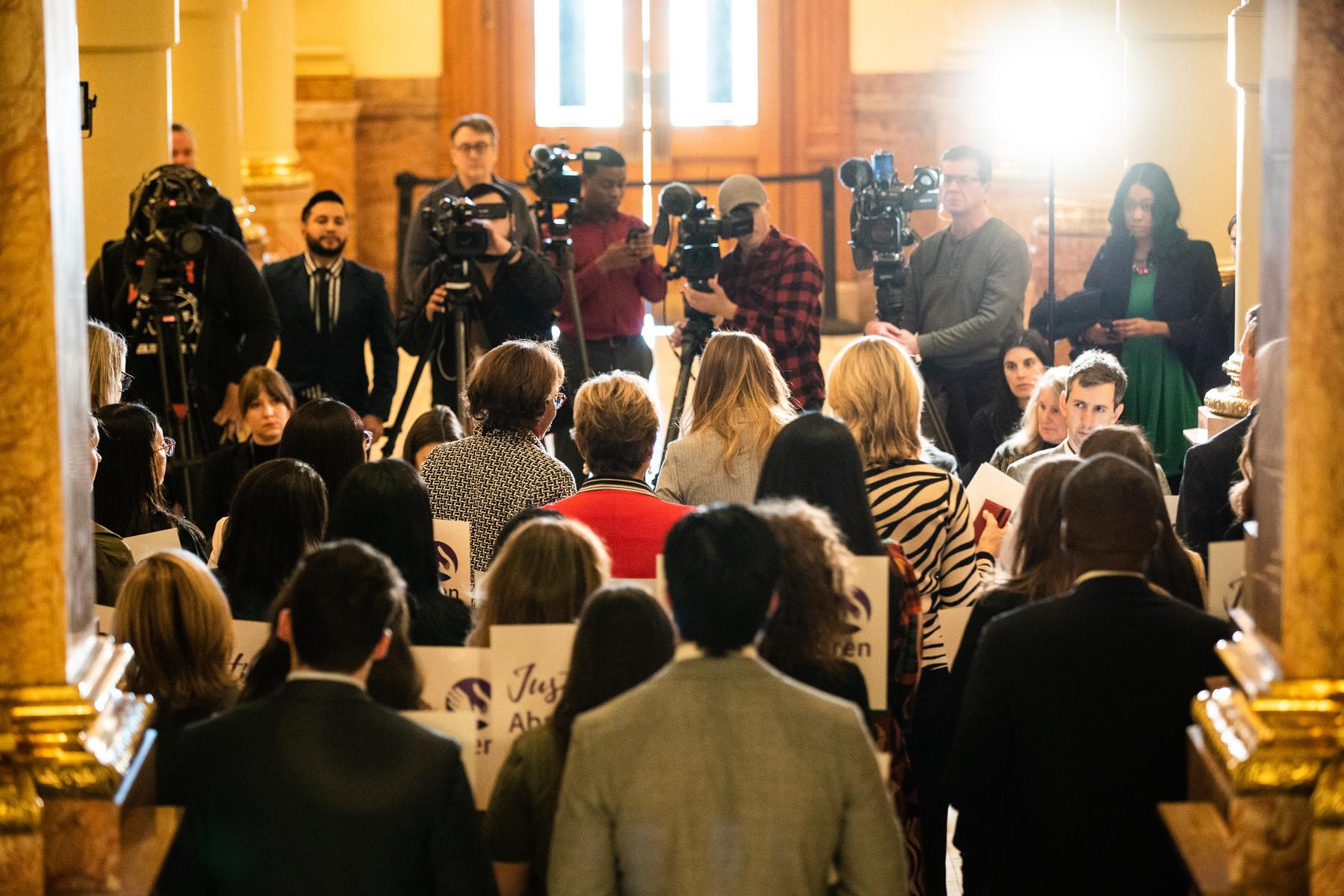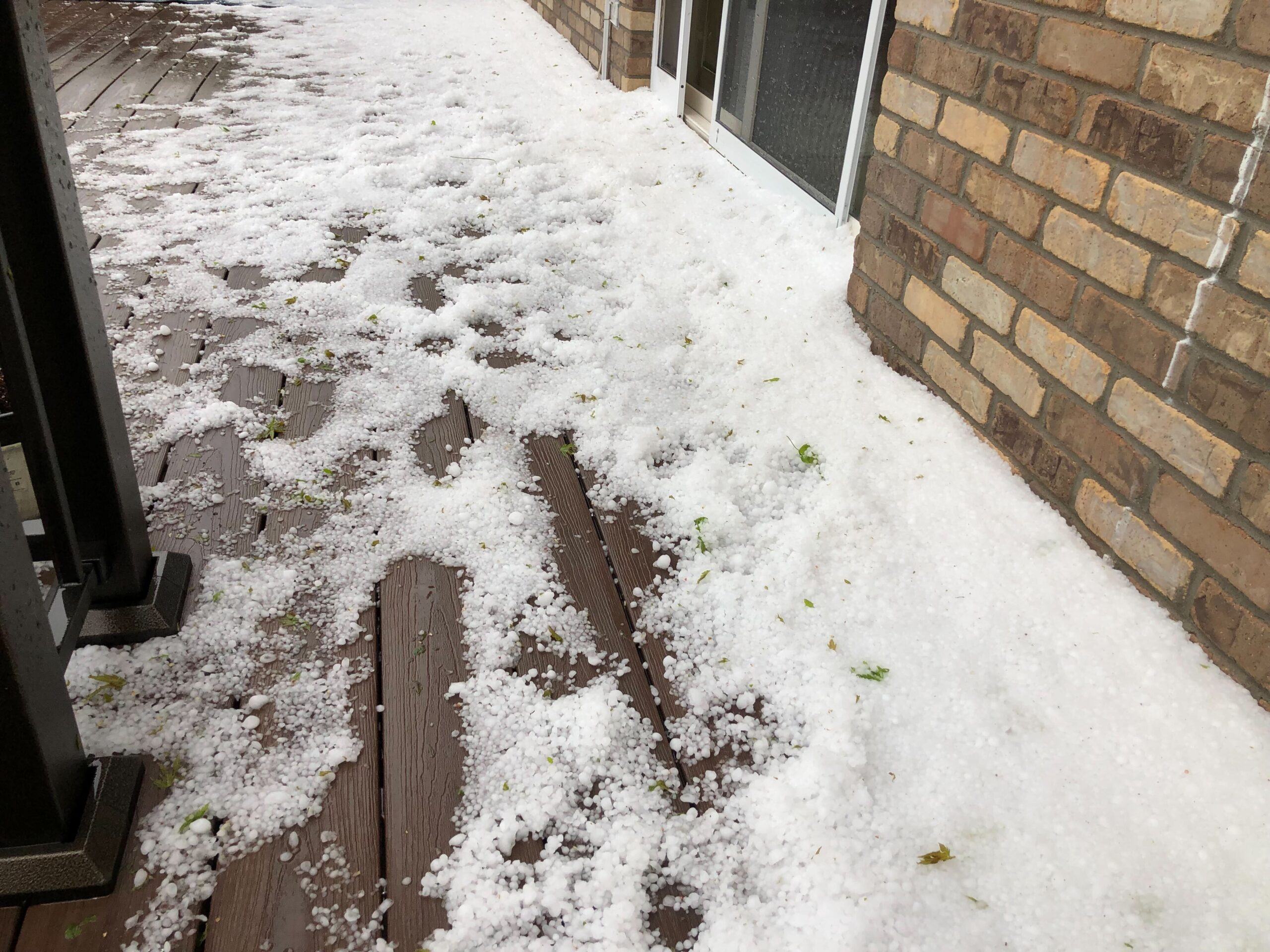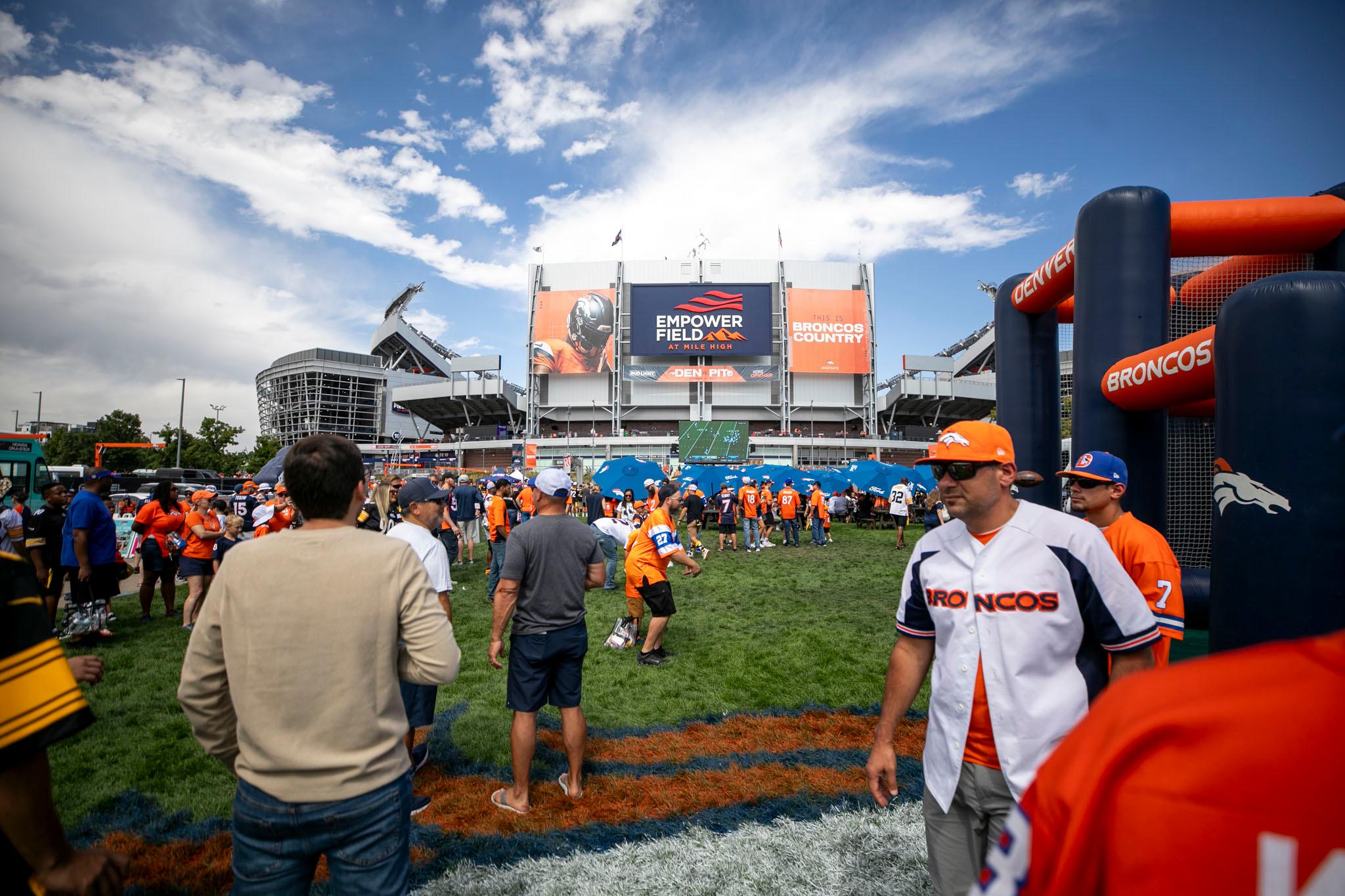
It’s a pretty great time to be a Denver pro sports fan — with recent championships in basketball and hockey and a Super Bowl win in 2015.
Amid all the winning, Kim Hughes of Littleton wondered: “How do Denver professional sports teams decide to go by the name ‘Denver’ versus ‘Colorado?’”
The answer to her question, submitted through CPR’s Colorado Wonders, lies both in how old a franchise is, and how modern sports facilities are funded by tax dollars.
“Teams that are older tend to be named for the city where they played,” said Jason Hanson, chief creative officer at History Colorado. In older sports leagues teams from within the state would play each other. “One of the oldest baseball teams in Colorado was the Denver Denvers, they played against the Pueblo Pastimes and the Leadville Blues and it was important to be clear that they were the Denver team.”
The two oldest Denver professional teams that followed this trend are the Denver Broncos, formed in 1960; and the Denver Nuggets, formed in 1967.
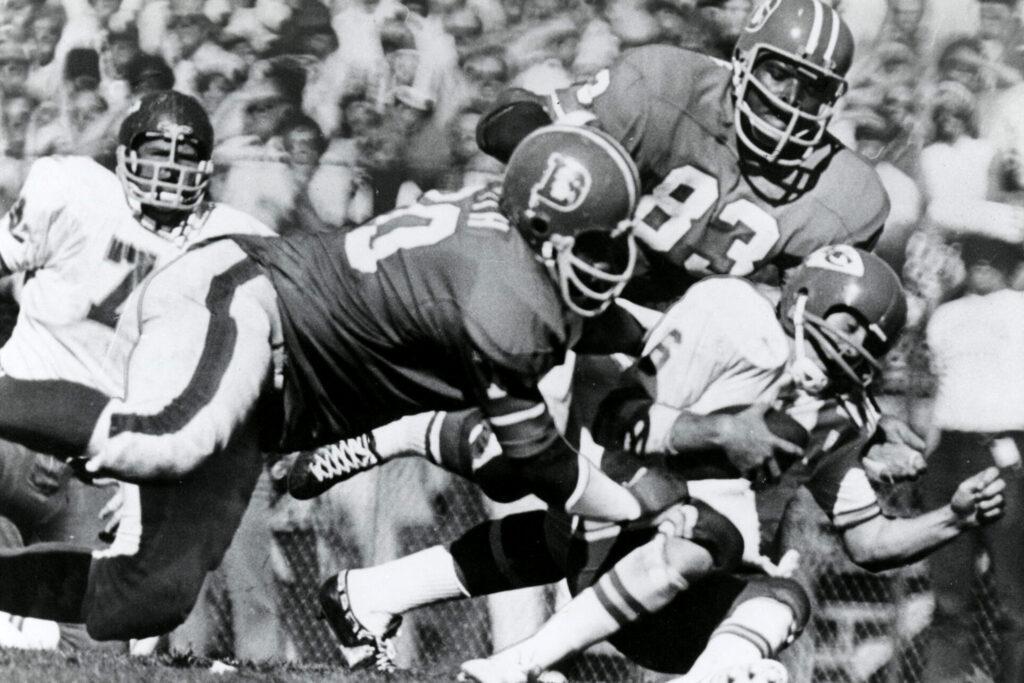
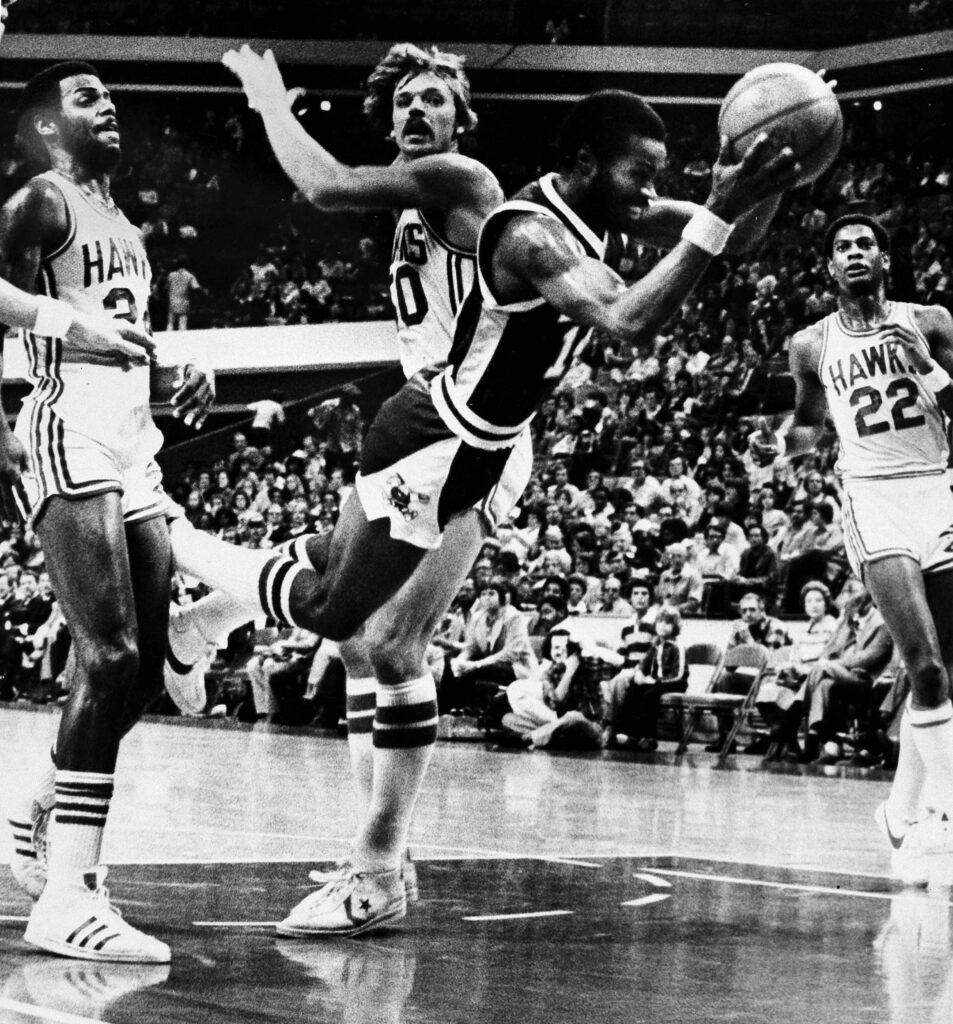
A major shift in team branding followed the rise of cable television in the 1970s and 1980s, extending the reach of sports broadcasts beyond the city the teams call home.
“Team owners started to think maybe there was benefit in appealing more broadly, not tying yourself specifically to a city,” said Hanson.
By the 1990s, Major League Baseball welcomed two new teams with state-based names: the Florida Marlins and the Colorado Rockies.
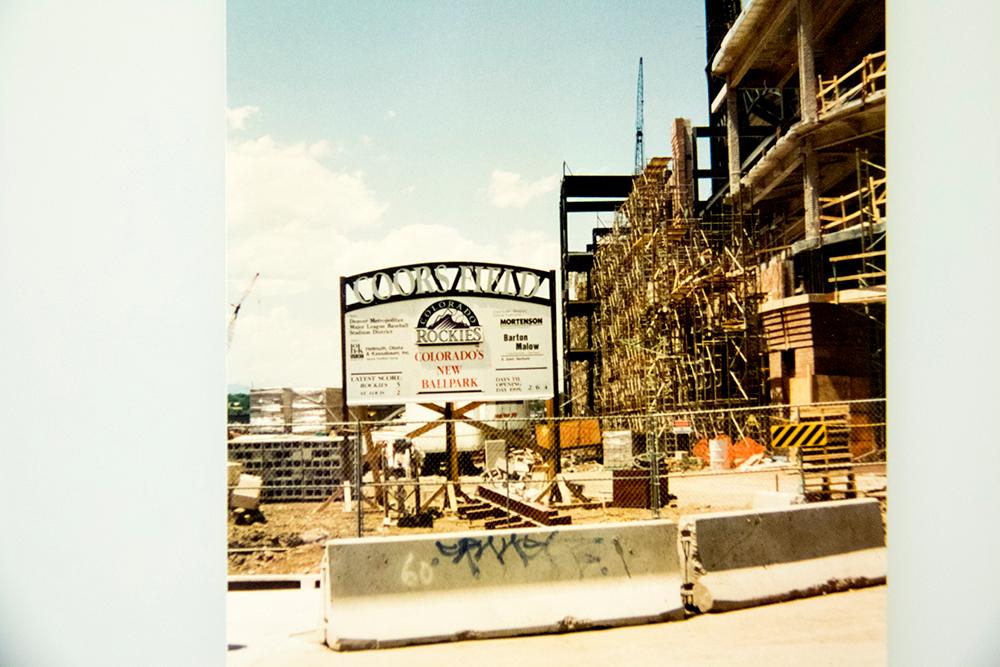
“The ownership group, they wanted to focus on a broad area,” said Neil Macey, who was executive director of the Colorado Baseball Commission starting in 1990.
Macey said the pitch to major league baseball for a team in Denver was “A timezone without a team,” emphasizing to the league’s owners that the vast middle part of America deserved a pro franchise. “And so to have just Denver in the name wouldn't have been sufficient.”
The name was also influenced by money.
Polls showed that Denver voters were likely to reject a sales tax increase to build a ballpark. Masey teamed up with State Rep. Kathi Williams, from Westminster, and with the support of then-Gov. Roy Romer, they got a metro-wide sales tax on the ballot in 1990. As polls predicted, Denver voters rejected the tax, but there were enough votes outside the city to carry the measure.
Attention soon turned to a name. Polls run by the major daily newspapers at the time showed overwhelming support for “Denver Bears,” a nod to the beloved former minor league team. So it was somewhat controversial when the name “Colorado Rockies” was unveiled in 1991.
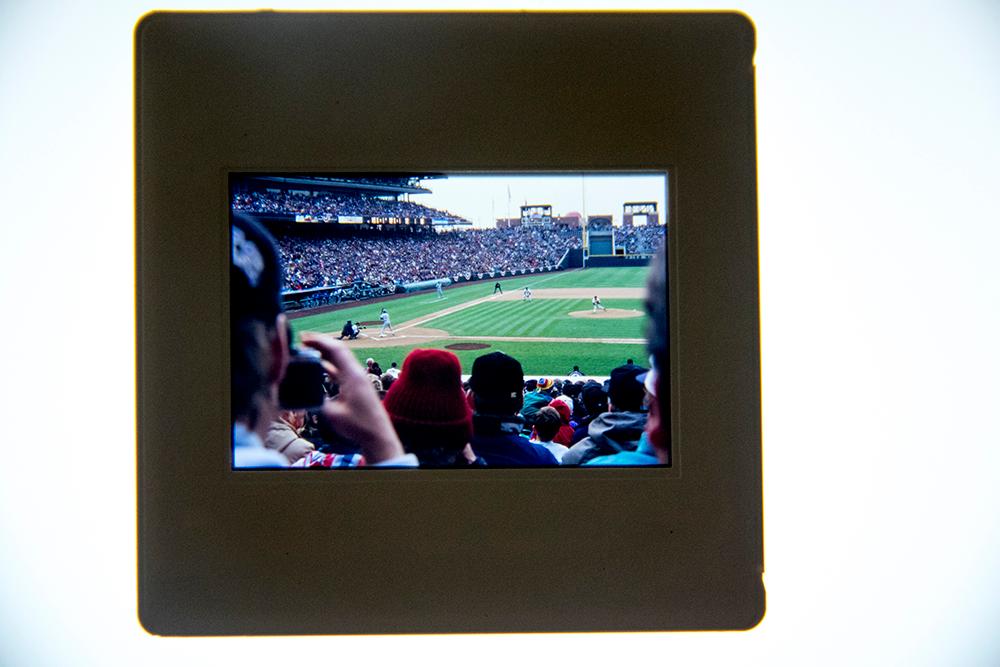
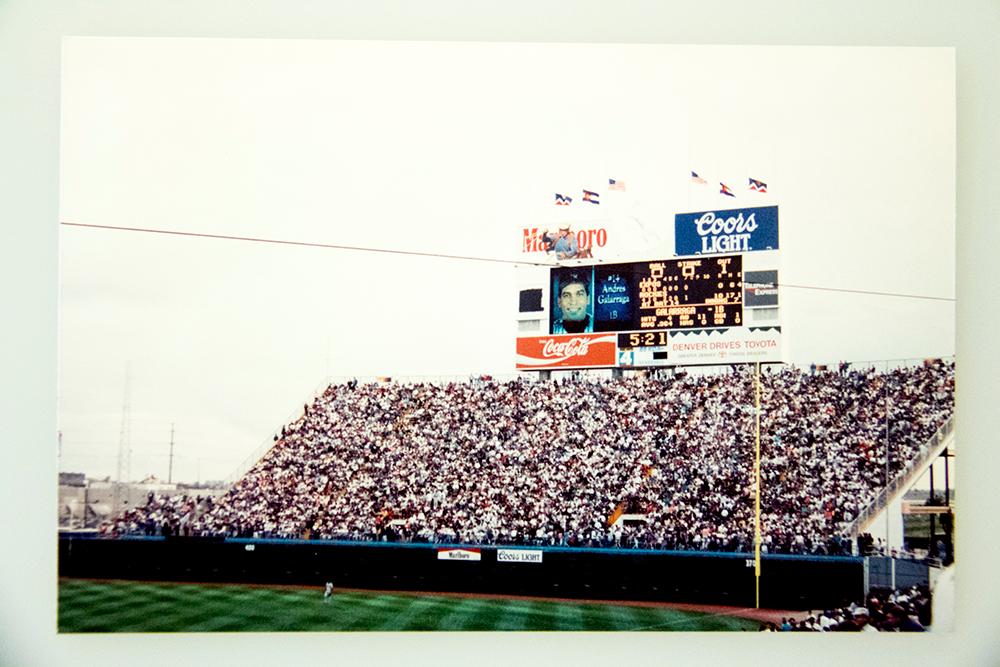
Romer defended the name.
“This is a Colorado team,” he said at a press conference in 1991. “What I think of when I think of the Rockies is you’re looking from the top down on the rest of them. And after a couple of years, I’m confident this team will be doing just that.”
With only five playoff appearances in more than three decades, that prediction of success on the field missed the mark.
Success off the field, however, is undeniable. Despite being one of the worst teams in baseball last season, an average of 31,361 fans attended games.
“A lot of the attendance at Rockies games even now are people coming from other parts of the state,” said Macey. “Grand Junction and Lamar and also from a lot of the surrounding states. So having Colorado as the name is kind of all-encompassing, and helps attract all of those people to games.”
In 1995, when the Quebec Nordiques relocated to Denver, the team owners were focused on a name that would embrace the wider region. People were not thrilled about one potential name leaked to The Denver Post: “Rocky Mountain Extreme.” Team owners quickly settled on the Colorado Avalanche instead.
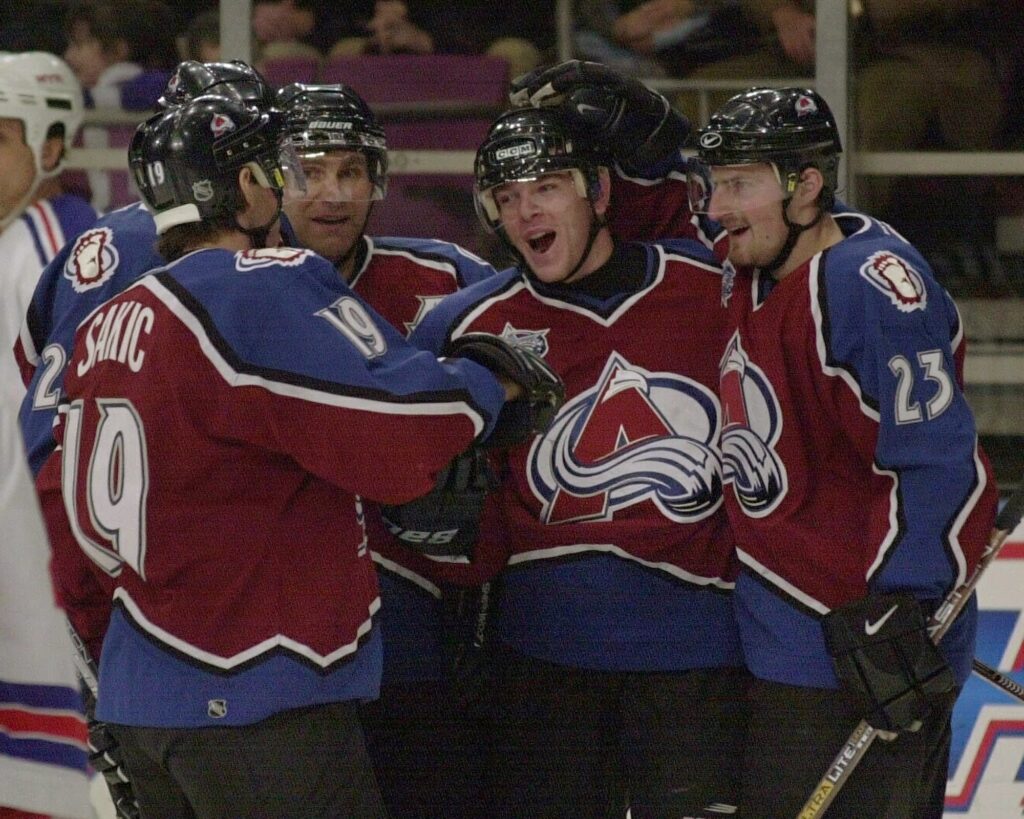
In subsequent years, the “Colorado” designation stuck. The top-tier pro soccer franchise is the Colorado Rapids (they play in Commerce City), and Denver’s lacrosse team became the Colorado Mammoth. Another pro lacrosse team, the Denver Outlaws, true to their name, has bucked the trend.
In the meantime, a report, citing anonymous sources, said that the National Women's Soccer League has awarded Denver a franchise that could begin play as early as 2026. There’s no word on an official name yet — but the name of the group working to secure the team is “For Denver FC.”
Jason Hanson, the historian, said the rise of the internet and streaming services means team owners may one day think globally, well beyond cities and states.
“You could easily imagine some kind of shake-up in the NFL, where a team moves, and as their new name picks you know the Rocky Mountains or the Pacific coast or something that would be bigger, that would have sort of more meaning in other parts of the world.”

